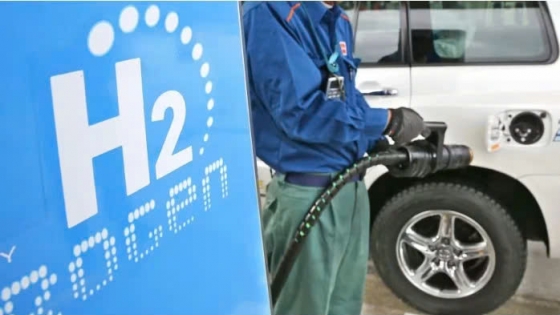Japan Leads Efforts for Carbon Emission Reduction in Southeast Asia
Key Ideas
- Japan to collaborate with Southeast Asian countries and Australia on policies to reduce carbon emissions, emphasizing the shift to hydrogen fuel.
- Asia Zero Emission Community (AZEC) focuses on decarbonizing electricity, promoting hydrogen and ammonia as fuel, and developing guidelines for the 10-year road map.
- Transport sector to establish supply chains for sustainable aviation fuel and biofuels, while the industrial component aims at switching to renewable energy and energy-saving technology.
- AZEC members aim to strengthen their competitive advantage by reducing carbon emissions in the supply chain and sharing knowledge on emissions trading frameworks.
Japan is taking the lead in coordinating efforts with Southeast Asian countries and Australia to address carbon emissions in a region heavily reliant on fossil fuels. The Asia Zero Emission Community (AZEC) is set to promote the transition to hydrogen fuel as a means to reduce carbon emissions. Cabinet-level officials from the 11-member AZEC are convening in Indonesia to adopt a joint statement focusing on the electricity, transportation, and industrial sectors. In the electricity sector, the emphasis is on decarbonizing power generation by promoting hydrogen and ammonia as fuel alternatives and enacting legislation for carbon capture and storage. The transport sector aims to establish supply chains for sustainable aviation fuel and biofuels, while the industrial component plans to shift to renewable energy and enhance energy-saving technology. The AZEC members seek to bolster their competitive edge by reducing carbon emissions in their supply chains and exchanging knowledge on emissions trading frameworks. This initiative, proposed by Japanese Prime Minister Fumio Kishida, includes nine ASEAN members, Japan, and Australia, with a leaders' summit scheduled for October in Laos.
